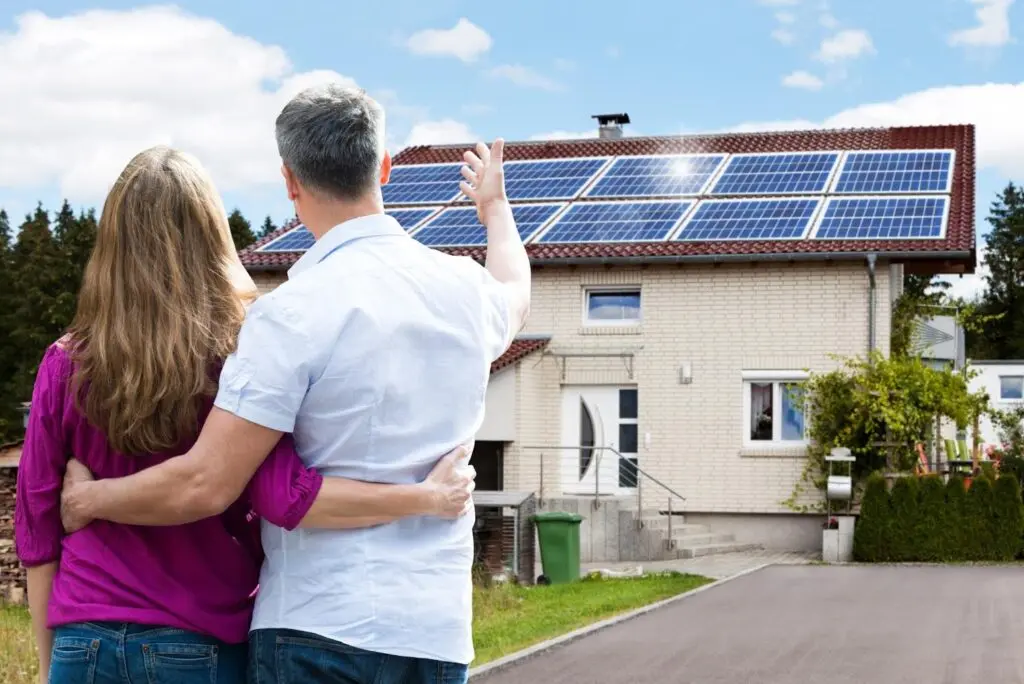By the end of 2020, the United States boasted a total of 97.2 gigawatts of solar capacity installed. That's enough to supply power to over 17 million US homes. Experts also forecast those figures to quadruple within the next nine years. As a homeowner yourself, you may be wondering if it's time to jump on the solar bandwagon. Are solar panels worth it, and if so, what exactly makes them a great investment? We'll answer those questions in this guide, so be sure to keep reading!
Environmental Benefits
One of the biggest reasons why going solar is worth it is because it's clean. Solar energy plants and systems don't generate air pollutants, unlike burning fossil fuels. The combustion of fossil fuels for electricity generation contributes to air pollution. Now, keep in mind that air pollution is deadly, not only to humans but also to other animals and plants. It kills millions of people each year and makes millions of others sick. It also poisons animals and plants and can bring about acid rain. Aside from being clean, solar energy also emits fewer greenhouse gases. A 2017 study found that solar has the third-lowest carbon footprint of all energy sources. Nuclear tops the list, while wind ranks second. Going solar can also contribute to the conservation of depleting fossil fuel reserves. Remember: it takes millions or even hundreds of millions of years for fossil fuels to form. At the current rate of fossil fuel usage, oil supplies may disappear by 2052, while gas may run out by 2060. Coal reserves may last longer, but we may have to bid it goodbye by 2090. The closer fossil fuels are to depletion, the higher their cost will be.
Also read about: Smart TV Privacy and Security Threats and How to Protect Yourself
Financial Benefits
What about from a financial perspective? Are solar panels worth it? Yes, they are because they can reduce or even offset your electricity bills. They can protect you from electricity price hikes, which most utility companies control. These rate increases can and will occur more often in the future, as fossil fuels become rarer. By contrast, solar energy is renewable and will always be available so long as the sunburns. For that reason, solar panels can provide long-term savings and electricity price protection. Besides, solar modules are far more affordable now, with their prices dropping by 99.6% from 1976. Back then, they cost a whopping $106 per watt. Their cost has since declined to $0.38 per watt. Don't forget that the US has also extended the federal investment tax credit (ITC). This incentive lets you deduct 26% of your solar panel costs from your federal taxes. That 26% credit will only be available until 2022, though, as it will go down to 22% by 2023. Home installations that commence in 2024 will no longer be eligible.
Solar Panels Are Smart and Eco-Friendly Home Owner Investments
As you can see, solar panels are worth it both from a financial and an environmental perspective. As a homeowner, you can save or even zero out your electricity bills by going solar. Moreover, switching to solar can reduce your household's carbon footprint. So, as early as today, reach out to reliable solar installation companies. The sooner you do, the sooner you can harness the incredible benefits of solar power. Ready for more of the latest on technology or even lifestyle and fitness? Head over to our other categories for more of our recent posts then!
















